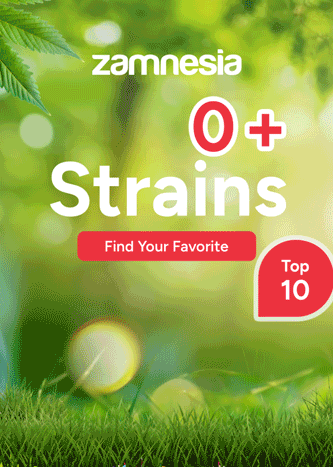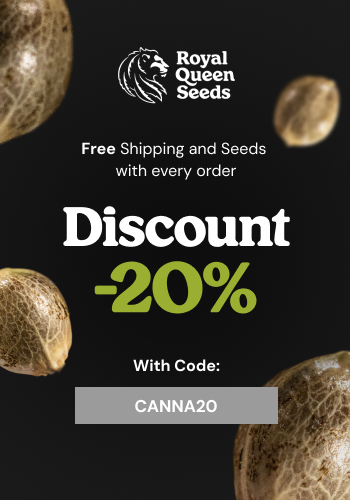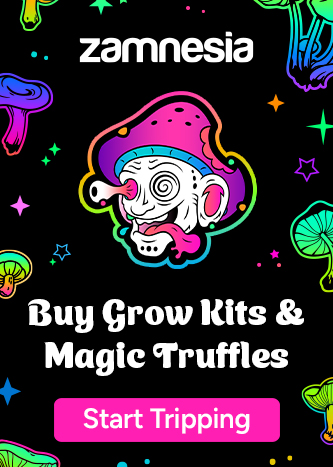Is CBD legal in the Netherlands?
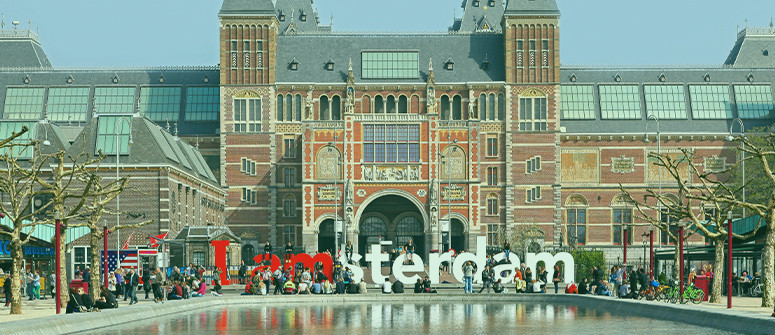
The Netherlands is renowned for its lenient cannabis policies and unique weed coffeeshops. But does Dutch cannabis tolerance extend to the plethora of CBD products on sale across the country? Keep reading to find out.
Contents:
With its eccentric coffeeshops and relaxed laws, the Netherlands has long served as a hub for cannabis culture in Europe. Now, with the boom of the CBD industry, the streets of Amsterdam and other major Dutch cities are flooded with stores selling CBD tinctures, creams, and other supplements. But with so many grey areas in Dutch law, both locals and tourists find themselves confused about whether the myriad CBD products on offer are actually legal.
In this article, we explore the ins and outs of Dutch CBD laws, and show you what's legal and what's not.
Are CBD products legal in the Netherlands?
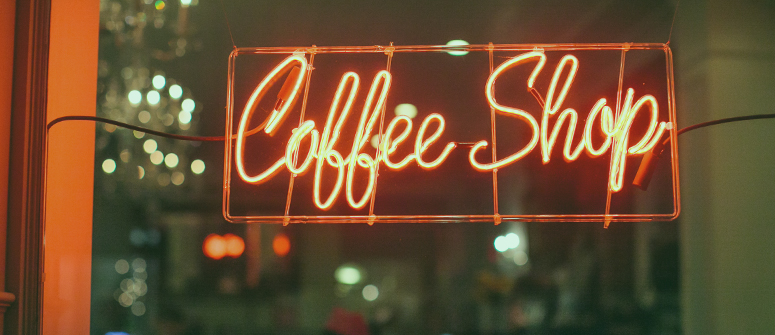
In general, CBD products are legal under Dutch law, as long as they conform to a variety of criteria (outlined in more detail below). This might come as a bit of a surprise, seeing that the Netherlands (more specifically Amsterdam) has long served as a paradise for cannabis-loving tourists. However, it's important to note that Dutch law makes clear distinctions between CBD, which is completely legal, and cannabis, which is illegal yet "tolerated" by Dutch authorities.
The path to CBD legalization in the Netherlands
The current legal state of CBD in the Netherlands is the result of a complex mix of legislative decisions and international agreements, as well as a changing attitude toward cannabis and hemp-based products. One of the landmark decisions that paved the way for the Netherlands' renowned tolerance of cannabis and soft drugs was the 1976 Gedoogbeleid—the famous Dutch Tolerance Policy. Under this policy, Dutch authorities chose to focus their efforts on stopping the large-scale trafficking of drugs rather than punishing end users for possessing or using small amounts of cannabis. It was with this policy that coffeeshops started popping up around Amsterdam and other Dutch cities.
In 1999, the Dutch government decided to amend its 1928 Opium Act to distinguish between hard and soft drugs. Cannabis and hash, along with sleeping pills and tranquillisers, were classified as soft drugs, and the government vowed that it would no longer prosecute people for their sale, possession, and use (in small quantities).
In 2013, the Netherlands finally made clear distinctions between cannabis products containing THC and those made from hemp. It was under this legislation that CBD products officially became legal, along with the cultivation of hemp for the production of CBD products, under certain conditions (see more below). In 2018, the EU decided to label CBD as a novel food that requires specific authorisation in order to be sold in EU member states, including the Netherlands.
Thanks to the culmination of these legislative measures and ever-changing attitudes toward cannabis and hemp, a wide variety of CBD products are available for purchase across the Netherlands.
Criteria for CBD products in the Netherlands

As mentioned, in order to satisfy Dutch laws, CBD products need to meet a variety of criteria regarding THC level, production, novel food restrictions, and more.
THC limits
Under Dutch law, CBD products must not contain more than 0.05% THC. This is lower than the THC limit put in place in other EU member states, which has raised some complications for CBD manufacturers and retailers outside the Netherlands wanting to tap into the Dutch market.
Source material
Dutch law requires all CBD products to be sourced from industrial hemp—that is, cannabis plants that have been specifically bred to be low in THC. Furthermore, these plants need to be EU-approved hemp varieties. CBD products cannot be derived from marijuana, or high-THC cannabis.
Moreover, while the sale of CBD and the cultivation of hemp for CBD production are both legal, processing hemp plants into CBD oil or another product isn't. Hence, hemp grown locally in the Netherlands needs to be shipped abroad to be processed into a final product before it can be sold legally back on the local market.
Packaging and labelling restrictions
CBD products must abide by strict packaging and labelling restrictions. More specifically, the packaging must:
- Be free of health claims (more info below)
- Clearly state the CBD content (in milligrams)
- Provide clear dosing instructions (under Dutch law, CBD users should not be advised to take more than 160mg of CBD per day)
- Clearly list all ingredients
- Provide proper storage instructions
Free of health claims
In order to abide by Dutch law, CBD products cannot be marketed as possessing any health benefits. Hence, CBD manufacturers and retailers must take special care to ensure their products and packaging are free of claims regarding any of CBD's potential benefits.
Novel food authorisation
In 2018, the EU classified CBD as a novel food. These are considered foods that have not been consumed by humans to a considerable degree. Under EU law, novel foods must be safe and properly labelled so as not to confuse consumers, as well as abide by other restrictions. In order to be legal, CBD products sold in the Netherlands must have passed the EU's novel food authorisation.
Is all CBD legal in the Netherlands?
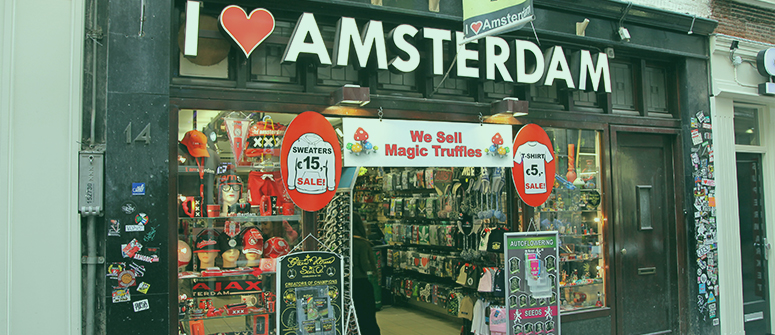
Unlike other European countries, the Netherlands allows the sale of a wide variety of CBD products, from tinctures and ointments to isolate crystals, teas, and more. Below we'll walk you through some of the different CBD products available on the Dutch market.
CBD oil
CBD oil or tincture is one of the most popular CBD products on the market. Made from CBD extract suspended in some kind of carrier oil (usually MCT, though olive oil is also common), CBD oils are taken orally and can deliver CBD into the bloodstream fairly quickly (especially if left to dissolve sublingually before swallowing). There's a wide variety of CBD oils available in the Netherlands containing varying concentrations of CBD and other active compounds.
CBD gummies
CBD gummies are also extremely popular. Available in a variety of delicious flavours and containing exact doses of cannabinoids, CBD gummies make taking CBD super tasty and simple. Because they are designed to be chewed and swallowed, some of the active compounds in CBD gummies get absorbed via the mucous membranes in the mouth, while the rest is absorbed via the digestive tract, offering a slow, long-lasting release of cannabinoids into the system.
CBD weed
CBD weed or flower is legal under Dutch law, given it complies with all of the criteria mentioned above. Offering CBD in its most natural and unprocessed form, CBD flowers can be smoked or vaporized, and offer much faster delivery than CBD tinctures or oils. CBD flowers can be bought at CBD stores and coffeeshops across the Netherlands.
CBD vapes
CBD vapes are gaining popularity, offering users a fast, smoke-free way to deliver CBD to their system. From pre-filled vape pens and cartridges to CBD e-liquid, there's no shortage of ways to vape CBD in the Netherlands.
CBD tea
Available in an endless variety of flavours and blends, CBD teas are a delicious and soothing way to enjoy CBD. While each tea is a little different, the CBD teas sold throughout the Netherlands may or may not include hemp, and usually combine a variety of herbs and aromatics for a delicious, warming beverage.
CBD crystals
CBD crystals typically offer the purest concentration of CBD currently available. With an appearance similar to white sugar, CBD crystals contain pure, isolated CBD and can be used as an additive in all of your favourite recipes. In most cases, CBD crystals have been processed to remove excess oils, waxes, and terpenes, leaving behind a highly concentrated form of pure CBD powder.
Where can you buy CBD products in the Netherlands?
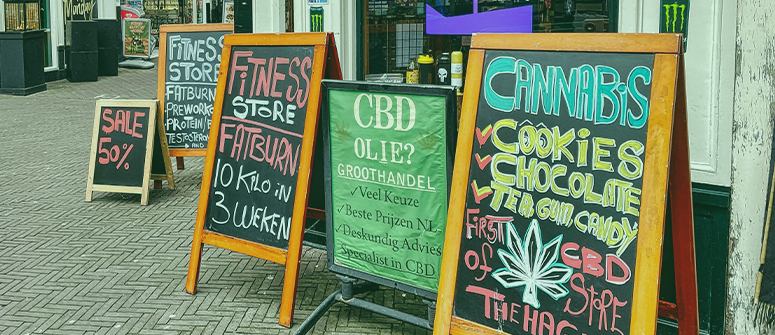
Buying CBD in the Netherlands is simple. It can be done either online or at one of the many CBD retailers found throughout Amsterdam, Rotterdam, the Hague, and other Dutch cities and regions.
Online
There's no shortage of online retailers selling all forms of CBD, and buying CBD from one of these retailers is obviously very convenient. When purchasing CBD from an online store, however, be sure that the products you're buying comply with Dutch laws and are of high quality.
Physical stores
There's no shortage of CBD stores peppered throughout Dutch cities and localities. Oftentimes, browsing a brick-and-mortar store can be a very fun experience, allowing you to check out products first-hand. Plus, it also gives you the chance to speak to the sales staff, who may be able to guide you in the right direction to find the products that best suit your needs.
Can you take CBD oil to and from the Netherlands?
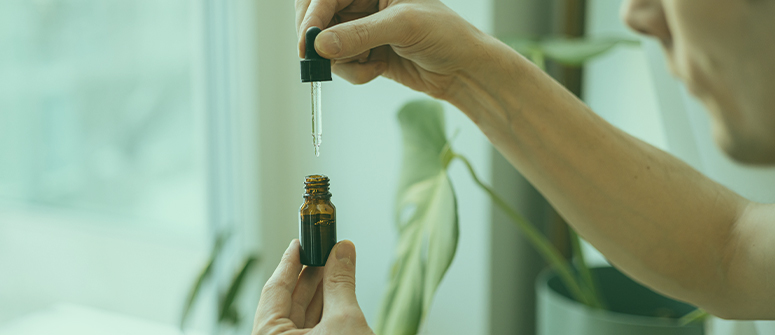
The Netherlands is an EU member state, and is therefore subject to the free movement of goods. This means that, if the CBD product you're planning to travel with is legal under Dutch law, EU law, and the local laws of the country you're travelling to/from, there shouldn't be any problems taking CBD products in and out of Amsterdam or any other part of the Netherlands. Remember that this does not extend to CBD flower—customs and border patrol officers have no way of knowing whether the buds you're carrying contain CBD. Hence, we never recommend flying with CBD flower—it's simply not worth the hassle.
Note: We are not authorised to give information on local drug laws, and legislation regarding cannabis and its derivatives is constantly changing. Always check with your airline and local authorities to see whether it's legal to travel in and out of a country with CBD.
Can you get in trouble for CBD in the Netherlands?
The short answer is no. The Netherlands is renowned for its lenient approach to legislating cannabis, and its CBD laws are fairly forgiving. However, there are restrictions regarding the legality of CBD products that you need to be aware of to ensure what you're buying and using abides by Dutch law.
